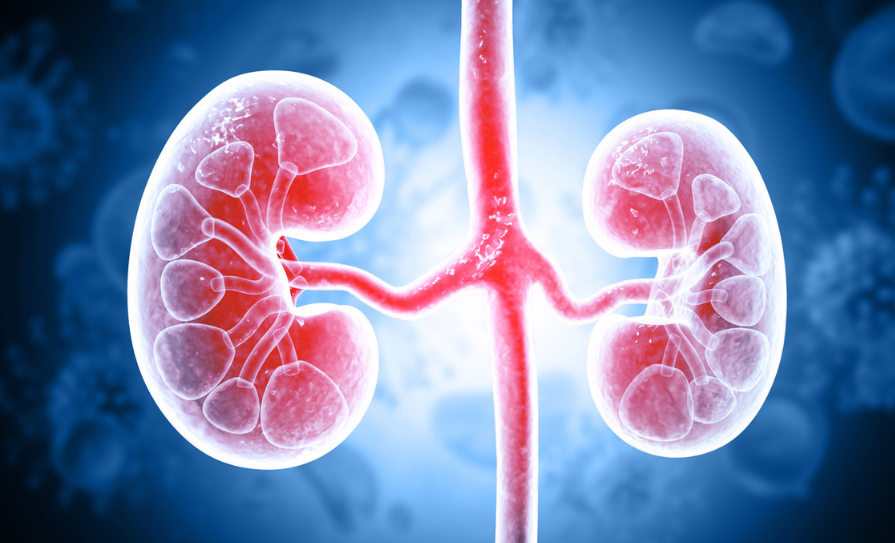The HSE is seeking additional funding to include chronic kidney disease (CKD) in the GP chronic disease management (CDM) programme in 2025, it has confirmed. The prevalence of CKD is significantly increasing in Ireland. Some 15.6 per cent of people aged 50 and over have CKD, but most are unaware, according to research published last year by TILDA and the National Renal Office (NRO).
The HSE has stated that recommendations from a review of the NRO are still being considered in the context of health service structural changes. The review was commissioned to examine the current and future work of the NRO, which was established in 2009 before the initiation of the HSE clinical programmes. Its original remit was end-stage kidney disease. The office now requires support for work in other areas, including preventative nephrology.
Commenting on the inclusion of CKD into the CDM programme, the Irish Kidney Association said: “We need to see the Government include provision for this positive development in the forthcoming Budget. We have seen the benefits for cardiac care as well as diabetes and hypertension management. Including CKD will be a significant move towards proactive health management in the general population. Remember, one-in-10 in the population has CKD, including one-in-seven of those over the age of 50.”
General practice completed 99,098 reviews of patients enrolled in the CDM programme in the first two months of 2024, according to figures provided to NiGP. The Department of Health also confirmed that it believes the programme is “the main contributing factor” in a reduction of chronic disease-related hospital admissions in recent years.
“The CDM programme forms part of the wider enhanced community care programme which has improved patient care and provided ongoing improvements to how health services are delivered,” said the Department’s spokesperson.
This reduction in hospital admissions was discussed at the Sláintecare programme board meeting in April. Board members were shown data that indicated a 16 per cent reduction in chronic disease-related hospital admissions as compared to a 3.5 per cent reduction in all other medical admissions per 100,000 population between 2019 and 2023.
The meeting was also told that 91 per cent of patients on the programme “are now fully managed routinely in primary care” and are not attending hospital for ongoing management of their condition. The CDM programme commenced in 2020. It has been rolled out on a phased basis to adult patients with a medical or GP visit card. Approximately 94 per cent of eligible GPs have signed up to providing the CDM programme.









Leave a Reply
You must be logged in to post a comment.